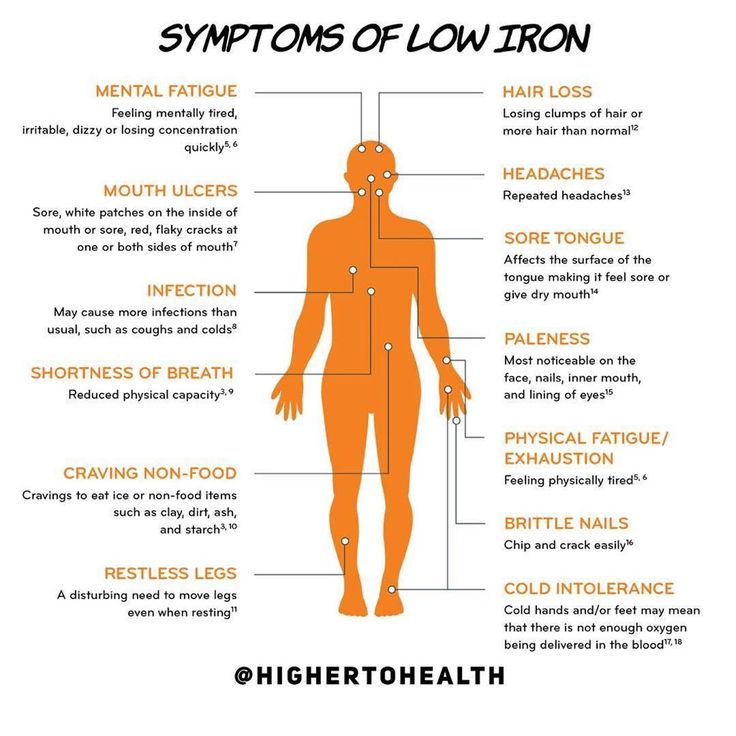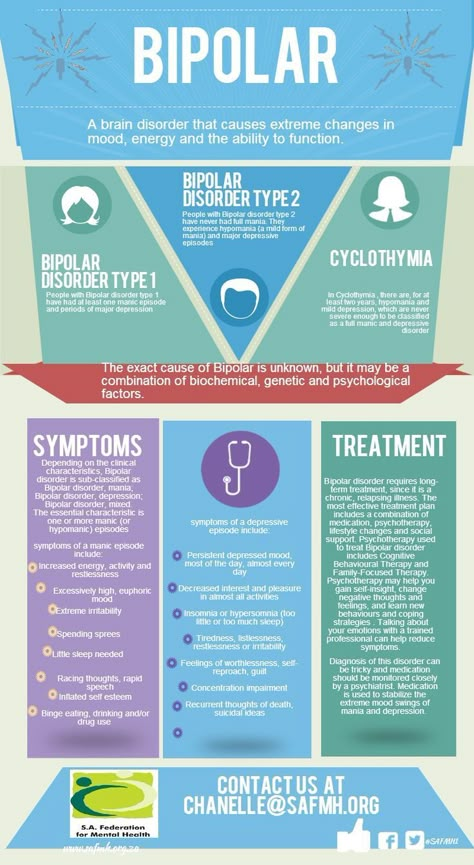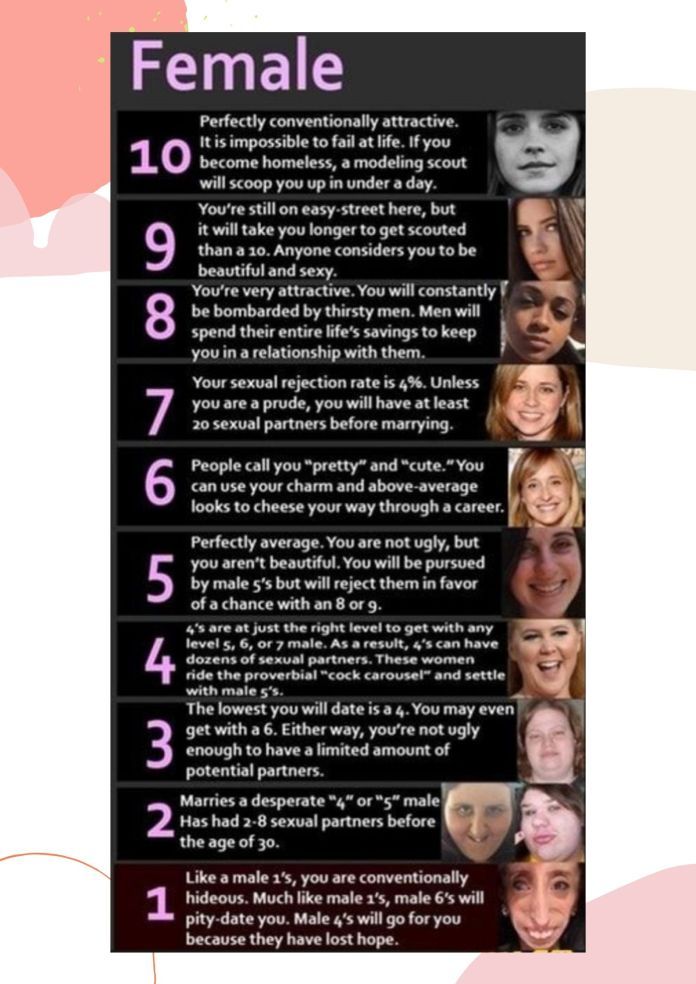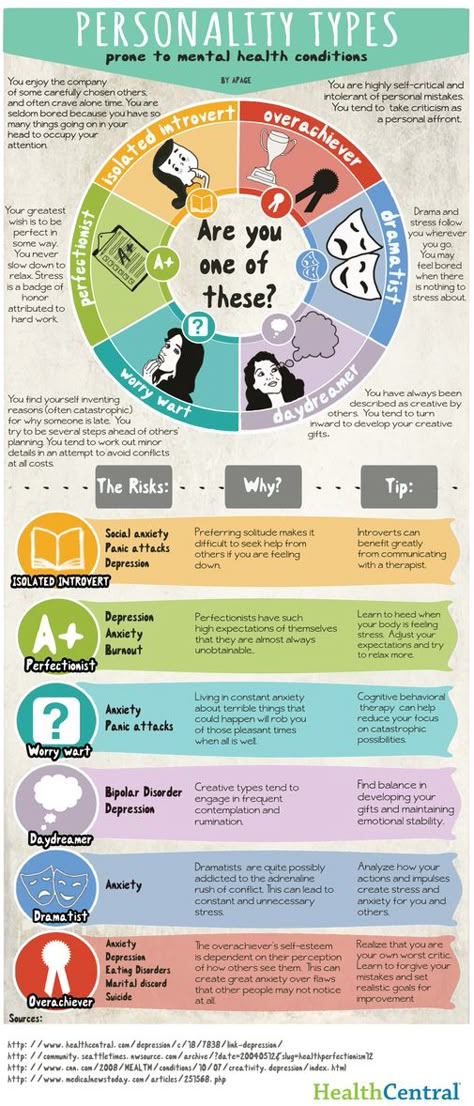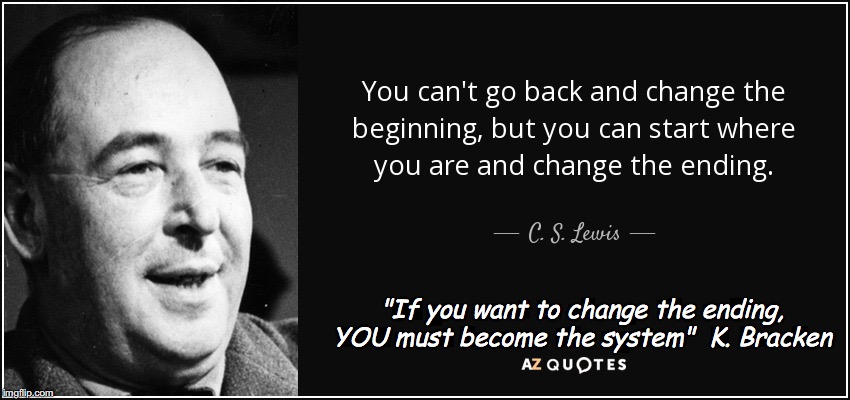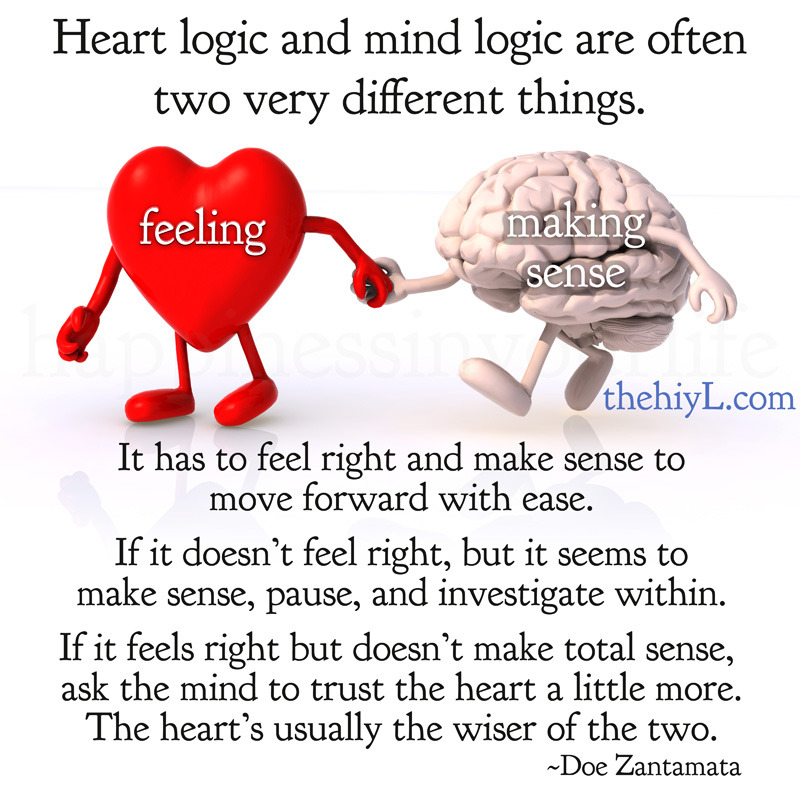Deficiencies that cause anxiety
8 Nutrient Deficiencies That May Contribute To Anxiety
Anxiety affects us all in different ways.
Anxiety affects us all in different ways. For some, it comes as a normal and healthy response to stressful situations; our bodies way of telling us to get ready for action. A fast flow of adrenaline into the blood system brings your attention to the problem at hand, and you find yourself analysing the same issue over and over again, fixating on possible escape routes or obsessing over possible solutions.
This is helpful and necessary in rational doses – but for many Kiwis, experiencing anxiety means a lot more than that. When high levels of anxiety become a part of a daily routine, it can take over rational thought in a way that can feel overwhelming, frightening and debilitating. Situations that once seemed straightforward can start to feel impossible – meeting up with friends, leaving the house, going to work for the day.
When high levels of anxiety become a part of a daily routine, it can feel overwhelming, frightening and debilitating.
It’s a serious affliction, one that requires us to look deeper into our own bodies, minds, and the way they interact. While there is no one definitive ‘cure’ or treatment for anxiety, it is possible to actively try and ease our anxiety in a variety of ways – one being through nutrition.
It’s All Connected
First, it’s important to understand how your body and mind are connected.
When you find yourself feeling overwhelmed with stress, anxiousness or spiraling moods, you use up nutrients faster, which is why it’s important, especially in the modern world, that we are eating nutrient wholefoods.
The key here is neurotransmitters, the chemical messengers that tell the cells in our body what to do.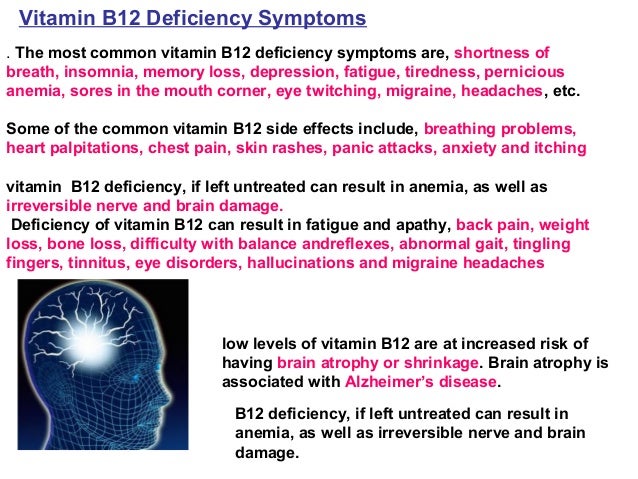
Take tennis for example – when you’re playing, you don’t actively instruct your body to lift your arm to swing the racquet. Your neurotransmitters tell your neurons what to do, without you even consciously thinking. But how does this link to nutrients and the food we eat?
The building blocks of neurotransmitters are amino acids. Of the 20 amino acids used by the body, 9 are essential and must be consumed through the foods we eat. When we have nutritional deficiencies in our diet, we essentially weaken the brain's ability to create and send healthy messages, leading to disrupted, lacking or ineffective neurotransmitters. When these chemical messengers are disrupted, the message may then go right back to the transmitter or be lost altogether – impacting our concentration, appetite, memory and mood.
Now we know the why, it’s time to take action! But what key nutrient deficiencies are associated with anxiety and low mood? And what does this look like in terms of food?
We’ve identified a selection of key nutrients that could support easing anxiety, alongside lifestyle factors. It won’t be the same for everyone, but it’s a great place to start.
It won’t be the same for everyone, but it’s a great place to start.
1. Magnesium
Magnesium supports you in bringing more calm into your life, by nurturing your brain's ability to release stress hormones. This means when you feel like you’re being overrun by a busy mind, magnesium supports you in finding some space to relax, including better sleep too.
Magnesium is the third most abundant mineral in the body.
Magnesium is the third most abundant mineral in the body and it is involved in over 600 biochemical reactions – that’s one very important nutrient!
What to eat? Dark green veggies such as spinach, pumpkin seeds, dark chocolate, nuts, bananas, almonds, legumes, whole grains, avocados, beef, and lamb.
2. Vitamin D
Every tissue in our body has vitamin D receptors, making it essential for how we feel on a daily basis.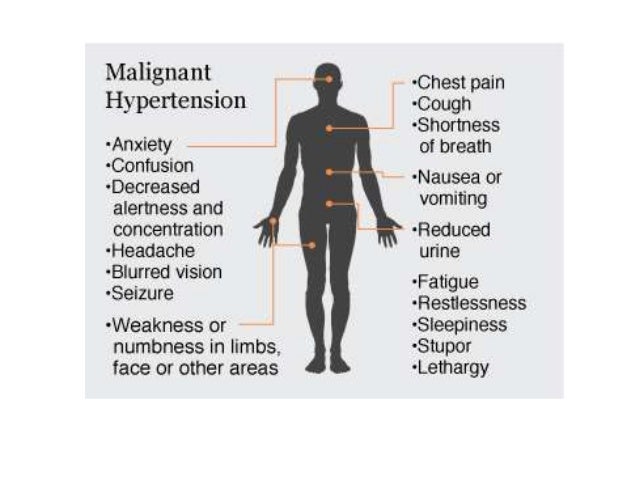 It also plays a key role in the production and release of dopamine and serotonin – our trusty ‘happy hormones’.
It also plays a key role in the production and release of dopamine and serotonin – our trusty ‘happy hormones’.
What to eat? Fatty foods such as salmon, herring, tuna, mackerel, sardines, oysters, beef liver, egg yolks and mushrooms (particularly if they have been left out in the sun). Also, getting safe sun exposure between the hours of 11am and 3pm is good for soaking up vitamin d.
3. B6
Vitamin B6 is a key nutrient that supports our entire nervous system. It plays an essential role in producing and regulating the calming neurotransmitters in our brains, such as serotonin and GABA, which can impact depression and anxiety. It has also been found to increase the effectiveness of magnesium by increasing its cellular uptake and limiting its excretion.
What to eat? Carrots, peanuts, kumara, potatoes, poultry, pork, fish, eggs, green peas, soya beans, whole grains, bananas, and avocados.
4. Iron
Iron is found in every living cell. It carries oxygen to all parts of the body, plays a critical role in proper brain formation and it is essential for the production of serotonin. Low iron levels leave us not only feeling fatigued and irritable, but they are also associated with an increased risk of developing anxiety. However, small doses are key! Some research has suggested that too much iron can increase anxiety, so it’s recommended to get your iron from whole food sources as much as possible and monitor your levels regularly.
Iron is found in every living cell.
What to eat? Lean meats such as beef and lamb, eggs, sardines, cooked beans and lentils, and lightly sauteed greens such as spinach and broccoli. Consuming vegetable sources with vitamin C (kiwi fruits, citrus fruits, strawberries, red and green peppers) will also increase its absorption.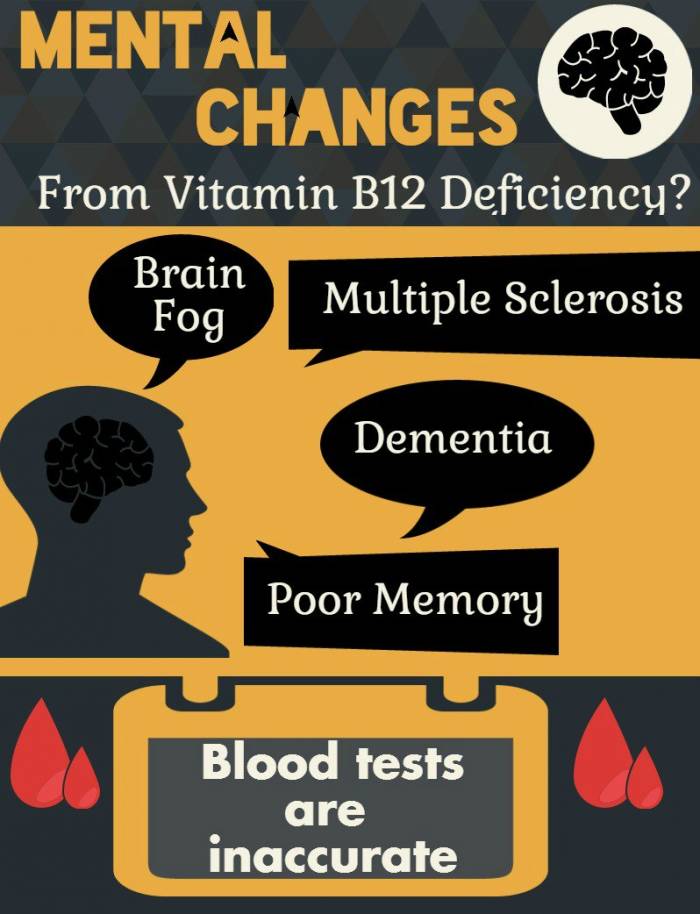 Avoid gluten as this can reduce iron absorption.
Avoid gluten as this can reduce iron absorption.
5. Omega 3 fish oil
Seeing as our brains are made up of 60% fat, it makes sense that consuming good fats – particular anti-inflammatory omega-3 fatty acids – is essential for optimal brain health and can support feelings of depression.
Our brains are made up of 60% fat.
It is important, however, to know that omega 3’s are natural blood thinners, so those on warfarin or other blood thinning medication should seek advice from your GP before taking.
What to eat? Walnuts, flax seeds, chia seeds, wild salmon, sardines, mackerel, herring, and eggs.
6. Zinc
Zinc is a vital nutrient, used in over 200 enzymes reactions in the body, which means you need it to function daily.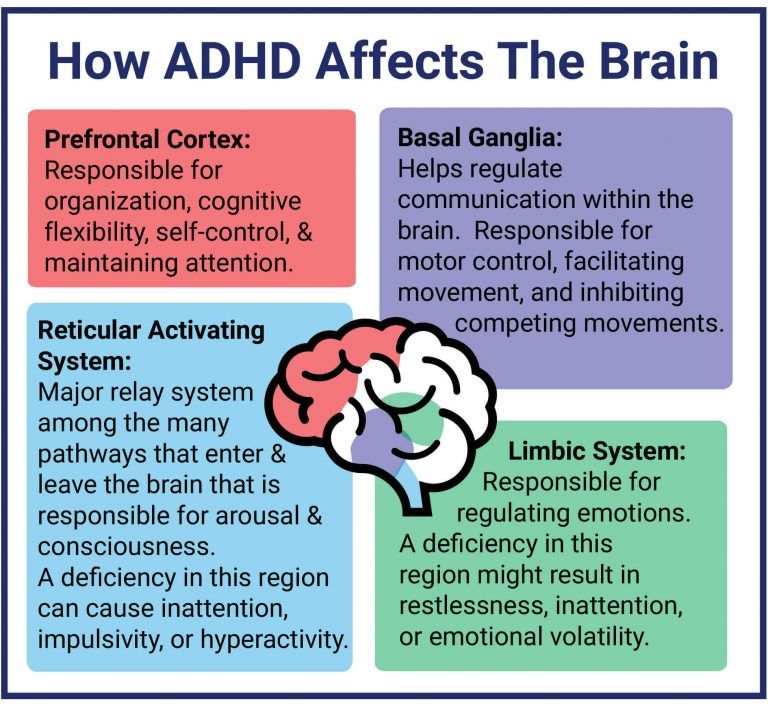 Zinc is required for a healthy nervous system, immune function, high energy, metabolic regulation, stomach acid production and gut health, as well as increasing the absorption of other key nutrients.
Zinc is required for a healthy nervous system, immune function, high energy, metabolic regulation, stomach acid production and gut health, as well as increasing the absorption of other key nutrients.
Zinc is also a key player in making neurotransmitters such as serotonin and dopamine. It also stimulates the vagus nerve, which sends messages of ‘calm’ to the brain, which can support anxiety.
What to eat? Oysters, red meat, lentils, kidney beans, eggs, pumpkin seeds, sunflower seeds, cashews, mushrooms, and spinach. Avoid alcohol, tea, and coffee as these compete with and can inhibit its absorption.
7. Antioxidants
‘Free radicals’ are continually produced during metabolism, and they serve important functions essential to our survival, such as killing bacteria that try to infect us. However, they are unstable molecules that can also damage cell membranes and DNA if there are high numbers of them.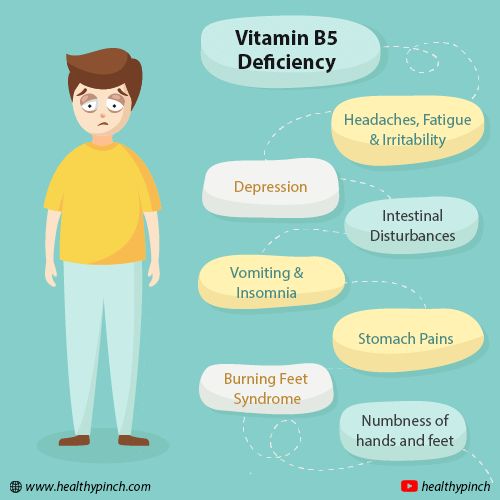 When free radicals outnumber antioxidants, this can lead to oxidative stress (OS), and cases of anxiety and depression have been correlated with low antioxidant status and higher OS.
When free radicals outnumber antioxidants, this can lead to oxidative stress (OS), and cases of anxiety and depression have been correlated with low antioxidant status and higher OS.
What to eat? Berries and grapes (particularly the red, blue, black and purple varieties), dark green veggies, orange vegetables such as sweet potatoes and pumpkin, oranges, tomatoes, and avocados. Also red and green peppers, green tea, whole grains, red kidney beans, pinto beans and black beans, garlic, artichokes, nuts, and spices, especially turmeric, thyme and oregano.
8. Selenium
Selenium is an essential trace element, the precursor to the body's master antioxidant, glutathione. It’s required to support a healthy immune system, thyroid function and prevent cell damage from free radicals. It has also critical for the brain, and for cognitive function. In fact, it is so important that when selenium is deficient, the brain is the last place that levels drop.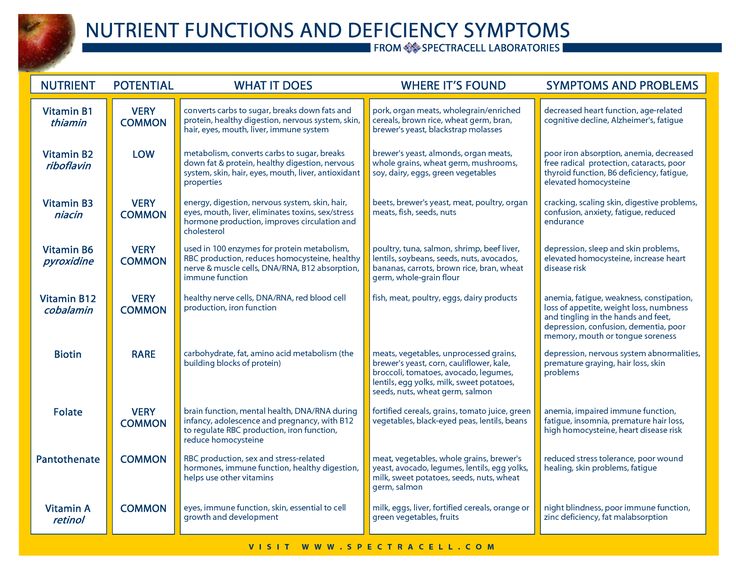
A brazil nut a day helps keep the blues away.
What to eat? Brazil nuts, fish and seafood, eggs, mushrooms, sunflower seeds, pork and poultry.
As you can see, many individual foods come up time and time again – so it should be easy to start incorporating some of these nutrient-rich foods into your diet.Try to avoid skipping meals, as doing so may see a drop in blood sugar levels, leaving you feeling jittery and nervous.
Overall, tackling anxiety can be incredibly frustrating, overwhelming and downright scary – but a healthy and varied diet is a simple, straightforward approach to get you started. Your body is incredibly complex and intricate, and you will be amazed at the positive effect the right nutrient balance can have on your mind, mood, and happiness.
SEEKING HELP
Please see your GP if you have concerns regarding your mood and anxiety.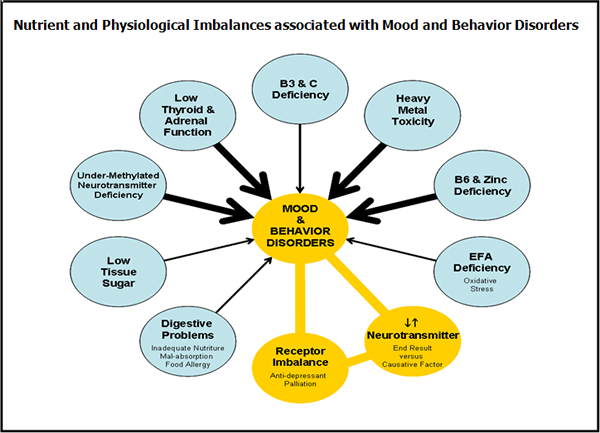
If your situation is an emergency, or if you or someone is at risk, call 111.
For support, you can contact:
Need to Talk? Free call or text 1737 anytime for support from a trained counsellor.
8 Nutrient Deficiencies That Cause Depression and Anxiety
If you’re managing depression, anxiety, or both, you have been told that pharmaceuticals are the only way to manage your mood. Antidepressants and anti-anxiety medications can be
absolute life-savers in the short term. Long term, these drugs can have dangerous side effects. They can also be hell to get off of. Antidepressant drugs can also cover up the root cause of your mental health concerns. They can keep you from learning about what your body really needs to balance your mood and energy. No shade or shame or BS if antidepressants and anti-anxiety pills are working for you! Your body, your choices.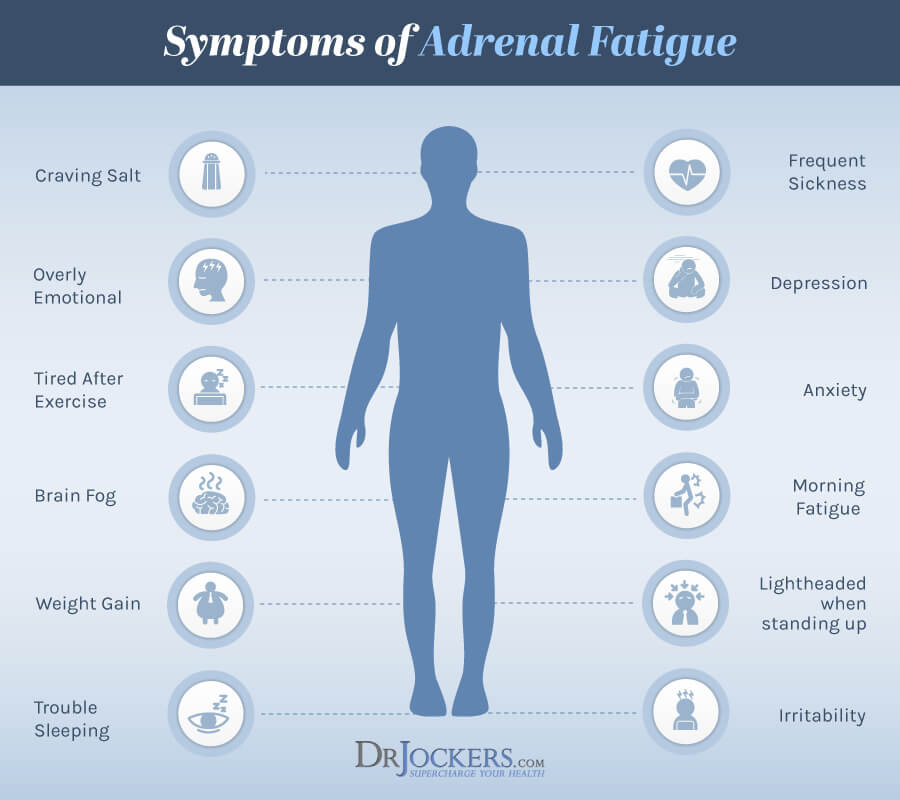 If you’d like to learn about common factors that may be playing a part in your mental health concerns, read on my love!
If you’d like to learn about common factors that may be playing a part in your mental health concerns, read on my love!
Nutrients, vitamins and minerals are vital for maintaining your mental health. When these things are out of balance, symptoms like depression, anxiety and fatigue can rear their ugly little heads. If your mental health could use some support, it’s worth checking out if you are deficient in the following:
1. B Vitamins
Low levels of B vitamins are correlated with depression, fatigue, and irritability. Increasing your intake of B vitamin-rich foods can lead to improvements in mood and energy. Most important for mental health are vitamins B6, B12 and B9 (folate).
These vitamins play a vital role in producing chemicals, like serotonin, that affect mood and other brain functions. They’re also important for help us detoxify, and keep our hormones in balance. The methylation process and other detox processes in our bodies depend on having enough of the right kind of B vitamins.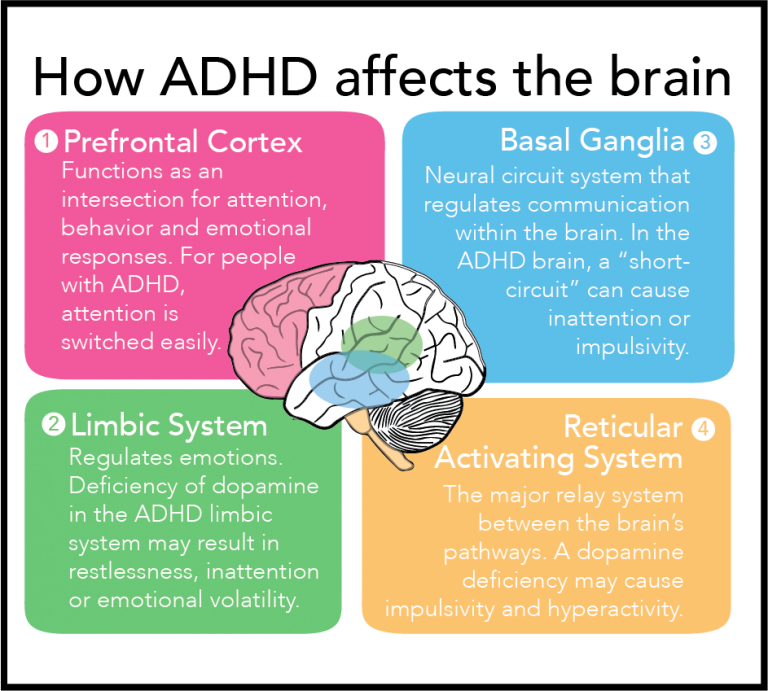
Aside from B12, which you can read more about here, your body cannot store these vitamins for long periods, so you have to replenish them regularly through food (1).
My favorite food sources of B vitamins include:
- Beef liver: 1 ounce (20 micrograms)
- Sardines: 3 ounces (6.6 micrograms)
- Atlantic mackerel: 3 ounces (7.4 micrograms)
- Lamb: 3 ounces (2.7 micrograms)
- Wild-caught salmon: 3 ounces (2.6 micrograms)
- Nutritional yeast: 1 tablespoon (2.4 micrograms)
- Feta cheese: 0.5 cup (1.25 micrograms)
- Grass-fed beef: 3 ounces (1.2 micrograms)
- Cottage Cheese: 1 cup (0.97 micrograms)
- Eggs: 1 large (0.6 micrograms)
2.
IronIron helps your red blood cells carry oxygen to your brain, organs and every little corner of your body.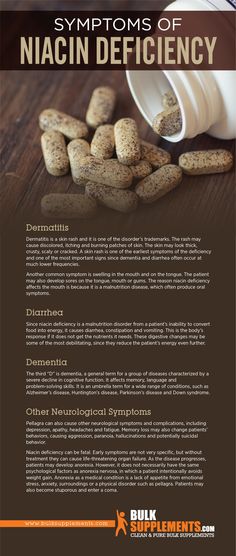 The health of your brain and your nervous system depend on healthy iron levels. Low iron levels can result in less oxygen going to your cells. Iron deficiency can cause a range of symptoms including depression, fatigue, low energy, weakness and irritability.
The health of your brain and your nervous system depend on healthy iron levels. Low iron levels can result in less oxygen going to your cells. Iron deficiency can cause a range of symptoms including depression, fatigue, low energy, weakness and irritability.
Folks who menstruate monthly or are pregnant are at greater risk for iron deficiency. Low iron levels in humans who do not have a regular monthly bleed or who are not gestating a wee fetus can be a serious concern, and can indicate an occult, or hidden, source of blood loss. No need to freak out or worry. Just make sure you get some competent medical care, k?
Heme foods rich in iron:
- Oysters, mussels and clams
- Liver, beef or chicken
- Beef
- Chicken
- Eggs
- Chard
- Spinach
- Pumpkin
- Squash
- Pine nuts
- Pistachios
- Sunflower seeds
- Cashews and white potatoes
- Legumes (especially lentils)
- Black strap molasses (1-2 Tbsp/day)
- Stinging nettle leaf tea steeped overnight to get the most iron out of it.
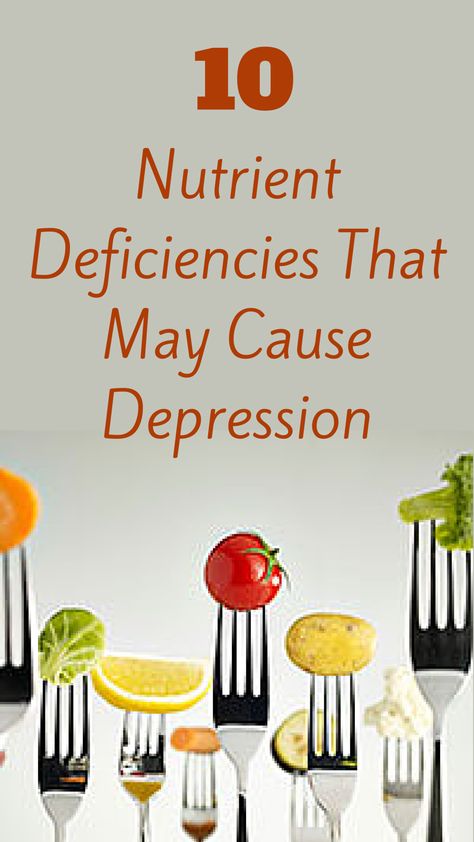
Consume vitamin C-rich foods paired with non-heme iron-rich plant foods. For example, spinach and lemon juice; lentils and tomatoes; kale and sweet potato.
I have a whole article all about iron deficiency, and you can read that baby right here.
3.
IodineIodine is a key component in thyroid hormone, so a deficiency can cause a host of symptoms. You literally can’t make the hormones your body needs to fuel your metabolism without iodine. Thyroid health is a massively important part of your mental health. Your thyroid regulates so many important things in your body—your mood, energy, metabolism, growth, immune function, and brain performance—to name a few!
When you don’t have enough iodine and your thyroid isn’t performing at its best, you may have symptoms of depression. Full body depression. The overall blahs. Sluggishness. Slow digestion. It can be pretty rough!
Beyond hypothyroid symptoms, common iodine-deficiency symptoms include:
- Trouble producing saliva and properly digesting food
- Skin problems, generally dry skin
- Less than awesome concentration and focus
- Difficulty retaining information
- Muscle weakness, achiness or even pain
- Fibromyalgia
- Metabolic issues, leading to sugar-level imbalance and weight management difficulties
Iodine sources:
- Seaweed (in order from most to least iodine: Kelp, Kombu, Hijiki, Arame, Dukse, Wakame, Nori)
- Cod
- Shrimp
- Organic eggs
- Cranberries
- Tuna
- Prunes
- Bananas
Want to learn more about hypothyroid? Check out Episode 10 of The Feminist Wellness Podcast – Hypothyroid is a Feminist Issue (an episode for humans of all genders!)
4.
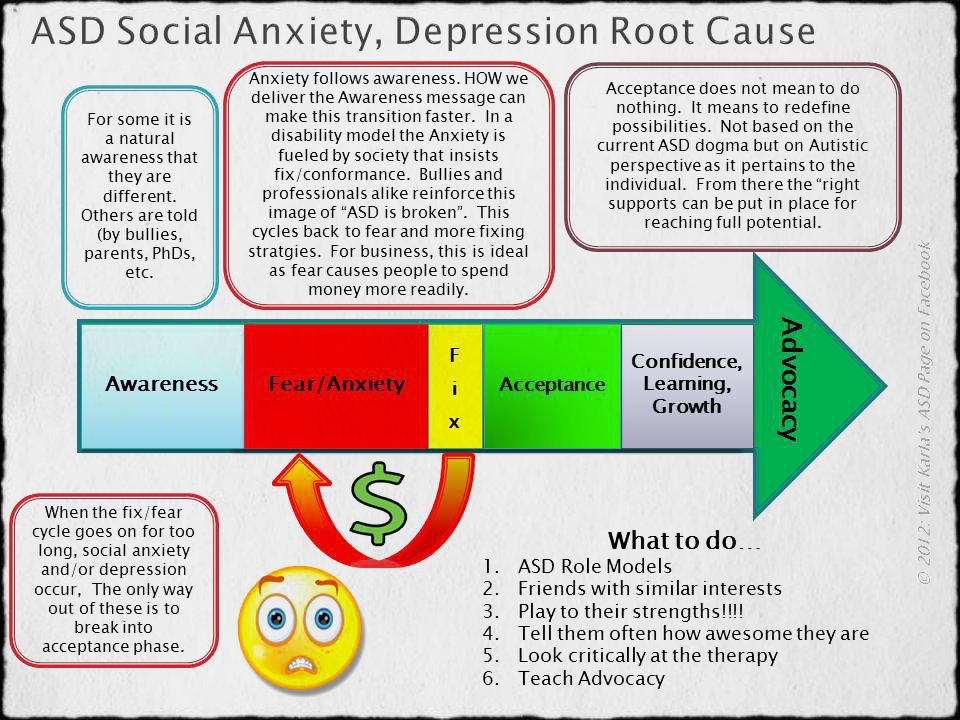 Vitamin D
Vitamin DWhen our bare skin is exposed to ultraviolet light from the sun, our bodies do the science of activating vitamin D in our cells.
Vitamin D deficiency is becoming more and more common. Makes sense: we’re indoors more than ever before. So many of us travel in a car or underground instead of walking everywhere, like our not-so-distant ancestors did. Most of us spend all day in a building, working. We get home after dark all winter. Our bodies are just not getting that Sunshine Time we SOOO desperately need to be both happy and healthy!
Research is showing links between vitamin D deficiency and depression, dementia and even autism. Low vitamin D can also leave you fatigued and irritable. Without sufficient Vitamin D, your immune system also tanks.
Supplements may be the only solution as it is difficult to get vitamin D from your food. So taking that walk out of the office at lunch time is not only important because movement is so vital for our wellness, but also because getting some sunshine on your skin and some vitamin D into your body is darn good medicine.
5. Selenium
Selenium is a mineral with very potent antioxidant properties. It is so important for mental health, healthy metabolism and optimal thyroid function. It is important in the activation and conversion of thyroid hormone.
Low selenium levels have been linked to depression and low mood. It’s recommended to get 200 mcg of selenium per day from food, supplements or a combination thereof.
Selenium sources:
- Brazil nuts (the best source!)
- Mushrooms
- Seafood, especially oysters and tuna
- Beans
- Sunflower seeds
- Meat
- Poultry
- Liver (you knew I’d say liver!)
6. Magnesium
Magnesium is very important in mood regulation and has an impact on your nervous system. It is necessary for most functions in our bodies. However, up to half of the population is magnesium deficient. Our lifestyles may be one cause of low magnesium levels. Alcohol, white table salt and the sodium used in processed foods, coffee and sugar can all decrease our magnesium levels.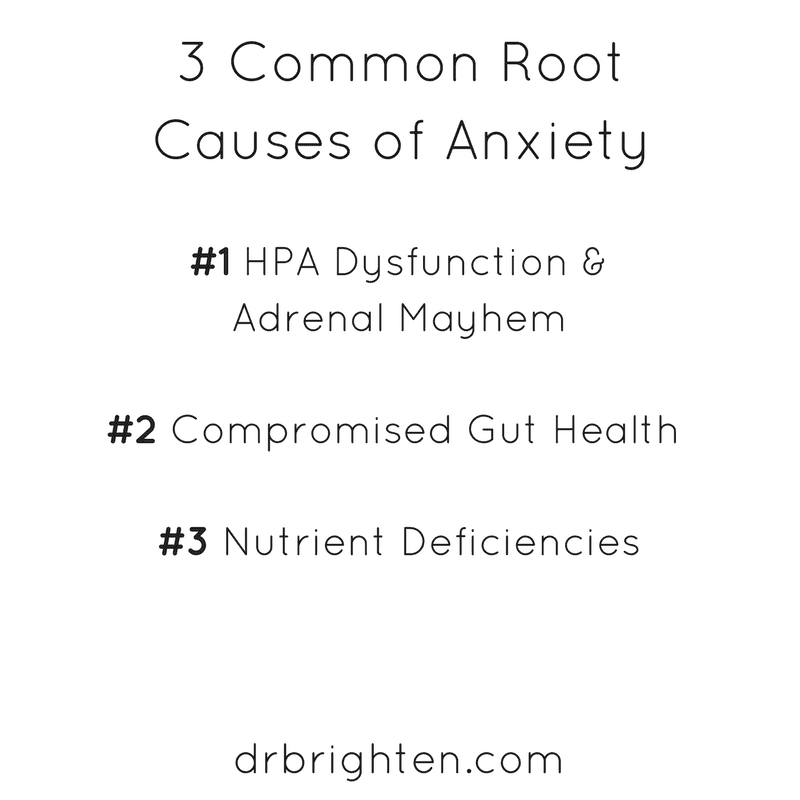 And because our soil is so bereft of minerals, magnesium is not as available in our food the way it once was.
And because our soil is so bereft of minerals, magnesium is not as available in our food the way it once was.
Magnesium deficiency has been linked to depression, anxiety, migraines and high blood pressure. Magnesium can be found in foods like spinach, dark chocolate (yum!), oily fish, bananas, and almonds.
7. Omega-3 Fatty Acids
Omega-3 fatty acids help to reduce inflammation. They are vital for brain function, especially memory and mood. If your diet is low in good quality fats, like omega-3s, then your body can only make low quality nerve cell membranes.
Oily fish like salmon and tuna are great sources of omega-3 fatty acids, as are fish like cod and cod liver oil. These healthy fats can also be found in flaxseeds and walnuts.
8. Gut Health
Leaky gut is when your intestinal walls are permeable to food particles, yeast, bacteria and other beasties that shouldn’t be leaking out into your systemic circulation — your blood stream. This can lead to a host of symptoms from irritable bowel to eczema to depression and anxiety.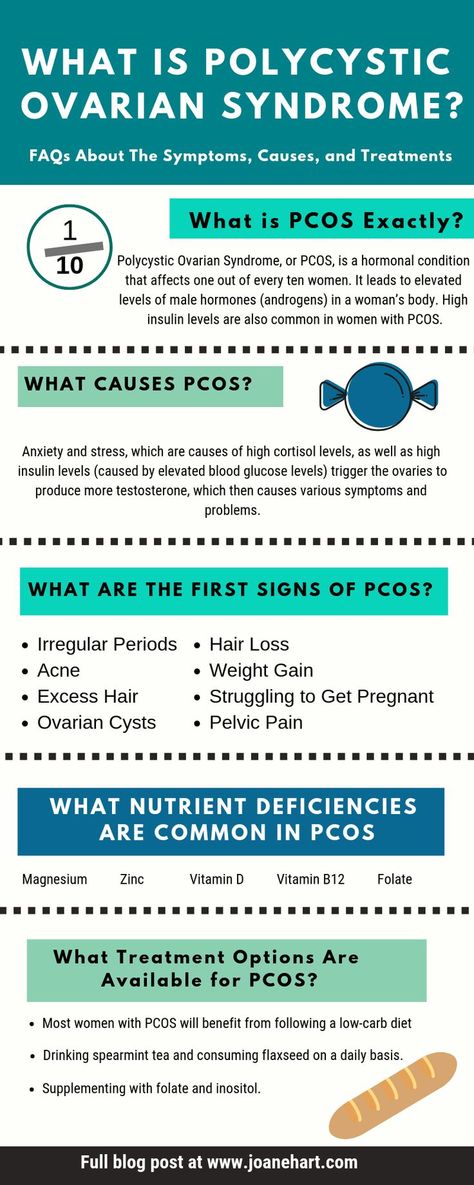
When your gut lining isn’t strong and healthy, your body may not absorb food properly. This can lead to mineral and vitamin deficiencies and inflammation systemically. If you are having symptoms like excessive bloating, constipation, diarrhea or other irritable gut symptoms, your nutrient deficiency may be coming from your gut being unable to absorb your nutrients.
Leaky gut treatment tips:
You can help your GI system to be happier by eating foods high in probiotics like kefir, beet kvass, yogurts and sauerkraut if you can tolerate these foods. Also, learning what your triggers are that cause your gut to be affected and try to wean off them. The most common triggers of gut-inflammation and IBS/leaky gut symptoms are dairy, gluten, soy, eggs and corn.
You can download my free Leaky Gut Guide and listen to the episode of my Feminist Wellness Podcast that talks all about leaky gut and how to help your body heal!
In Closing
It is important to have your blood checked before you start taking new supplements or vitamins, as it is possible to have too much of certain vitamins and minerals. So first find out how your body is doing, and then add in what’s needed. If you can get the nutrients you need from foods, then do that first. If you are battling to eat enough of the right things that your body needs, as shown on blood tests, then top yourself off with good quality supplements, preferably under the guidance of a well-trained Functional Medicine professional!
So first find out how your body is doing, and then add in what’s needed. If you can get the nutrients you need from foods, then do that first. If you are battling to eat enough of the right things that your body needs, as shown on blood tests, then top yourself off with good quality supplements, preferably under the guidance of a well-trained Functional Medicine professional!
And remember: while learning to manage our minds, processing our traumas and our pasts and learning to think about today and tomorrow in new ways are VITAL for improving our mental health, it’s not just all in your head. The health of your cells, your gut, your brain, and the balance of nutrients in your system plays a huge role in all of our mental health. Without mental health there is no physical health, without physical health there is no mental health. Attend to your perfect human body with patience and love, and learn to manage your mind to reduce your experience of stress, anxiety and depression.
References:
- John E.
 Lewis, Eduard Tiozzo, Angelica B. Melillo, Susanna Leonard, Lawrence Chen, Armando Mendez, Judi M. Woolger, and Janet Konefal. (2013) The Effect of Methylated Vitamin B Complex on Depressive and Anxiety Symptoms and Quality of Life in Adults with Depression
Lewis, Eduard Tiozzo, Angelica B. Melillo, Susanna Leonard, Lawrence Chen, Armando Mendez, Judi M. Woolger, and Janet Konefal. (2013) The Effect of Methylated Vitamin B Complex on Depressive and Anxiety Symptoms and Quality of Life in Adults with Depression - Hidese S, Saito K, Asano S, Kunugi H. (2018) Association between iron-deficiency anemia and depression: A web-based Japanese investigation.
- Mats B. Humble. (2010) Vitamin D, light and mental health.
- Tamlin S, Conner Aimee, C Richardson, Jody C Miller. (2015). Optimal Serum Selenium Concentrations Are Associated with Lower Depressive Symptoms and Negative Mood among Young Adults.
- Alan C Logan. (2004). Omega-3 fatty acids and major depression: A primer for the mental health professional
Anxiety and panic disorders | Articles by doctors of the EMC clinic about diseases, diagnosis and treatment
Anxiety treatment at the European Medical Center:
-
Thorough diagnosis of the patient's mental state, identification of risk factors.
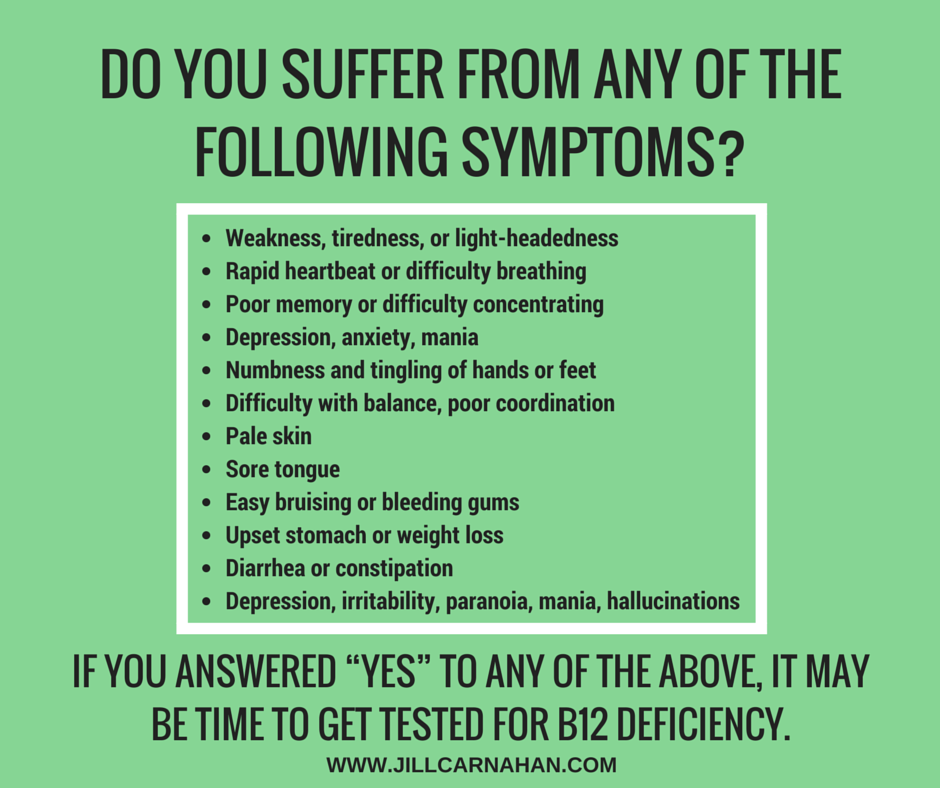
-
Drawing up an individual treatment program, including pharmacotherapy, cognitive-behavioral therapy, if necessary, TMS. nine0007
-
The Clinic for Psychiatry and Psychotherapy constantly organizes trainings that teach relaxation skills and coping with anxiety symptoms.
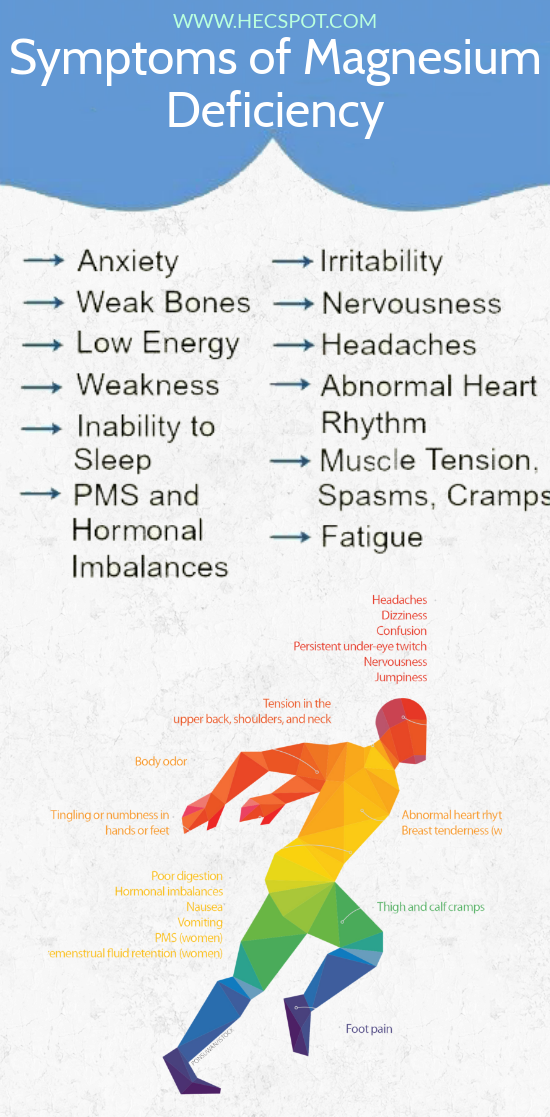 nine0007
nine0007 Major anxiety disorders include:
Panic disorder - the main symptoms of the disease include recurring attacks of irrational anxiety (panic), not limited to a specific situation or any specific circumstances.
Dominant symptoms : sudden onset of tachycardia (rapid heartbeat), sweating, tremors, dry mouth, chest pain, difficulty breathing, feeling of choking and nausea, as well as dizziness and a feeling of unreality of what is happening. nine0007
Agoraphobia is a group of anxiety disorders that encompasses a range of phobias, which include a morbid fear of open spaces and public places. Patients experience uncontrollable anxiety when they are in a crowd, refuse to visit shops and other crowded places, limit their exits from the house unaccompanied, and have difficulty using public transport on their own. Agoraphobia is one of the most maladaptive types of phobic disorders. nine0007
Dominant symptoms : when immersed in a frightening situation, anxiety increases sharply in patients, heartbeat and breathing become more frequent, sweating and dizziness appear, in some cases a panic attack develops.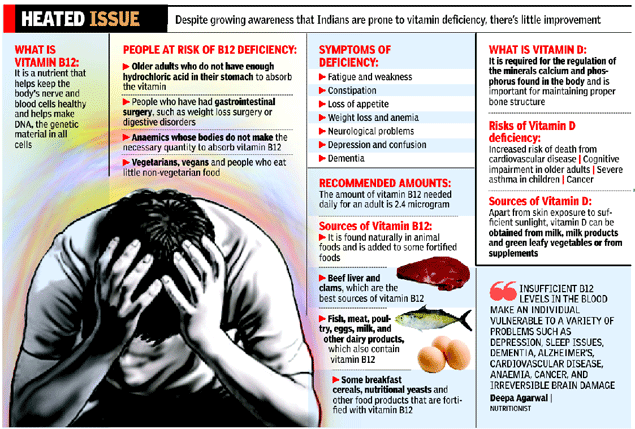 As a rule, such patients try in every possible way to avoid those situations that cause them a panic attack, which contributes to the consolidation of an anxiety disorder, changes their usual lifestyle and interferes with normal life.
As a rule, such patients try in every possible way to avoid those situations that cause them a panic attack, which contributes to the consolidation of an anxiety disorder, changes their usual lifestyle and interferes with normal life.
Dominant symptoms : the most typical complaints are a feeling of constant nervousness, trembling, muscle tension, sweating, tachycardia, dizziness, discomfort in the epigastric region. Often the patient experiences fear for his loved ones, suffers from gloomy forebodings. For a diagnosis of generalized anxiety disorder, the symptoms described must have been present for at least 6 months.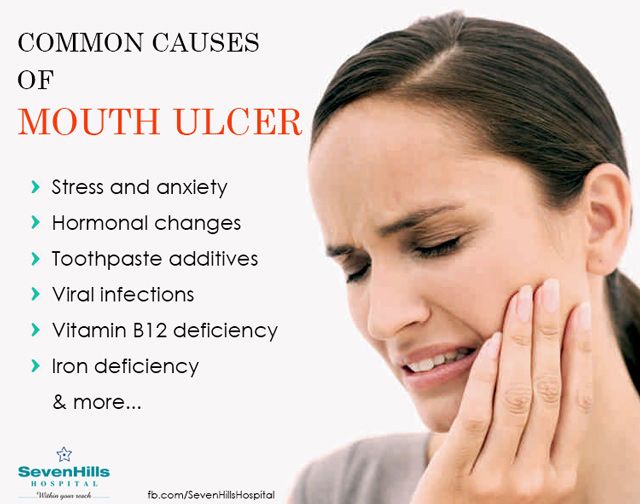 nine0007
nine0007
Social phobia - this anxiety disorder is based on the fear of being seen by others, as well as being in an awkward position, being ridiculed or humiliated, which leads to the formation of a reaction to avoid such situations. Often this disorder is combined with low self-esteem and fear of criticism. Fears can manifest themselves when eating in a public place, the need to maintain a conversation during a casual meeting with friends in the presence of strangers, visiting public places and group activities. nine0007
Dominant symptoms : hand tremor, nausea (fear of vomiting may be present), urge to urinate or defecate (or fear of such urge), flushing of the face. Sometimes the patient takes one of these side manifestations of anxiety for the underlying disease.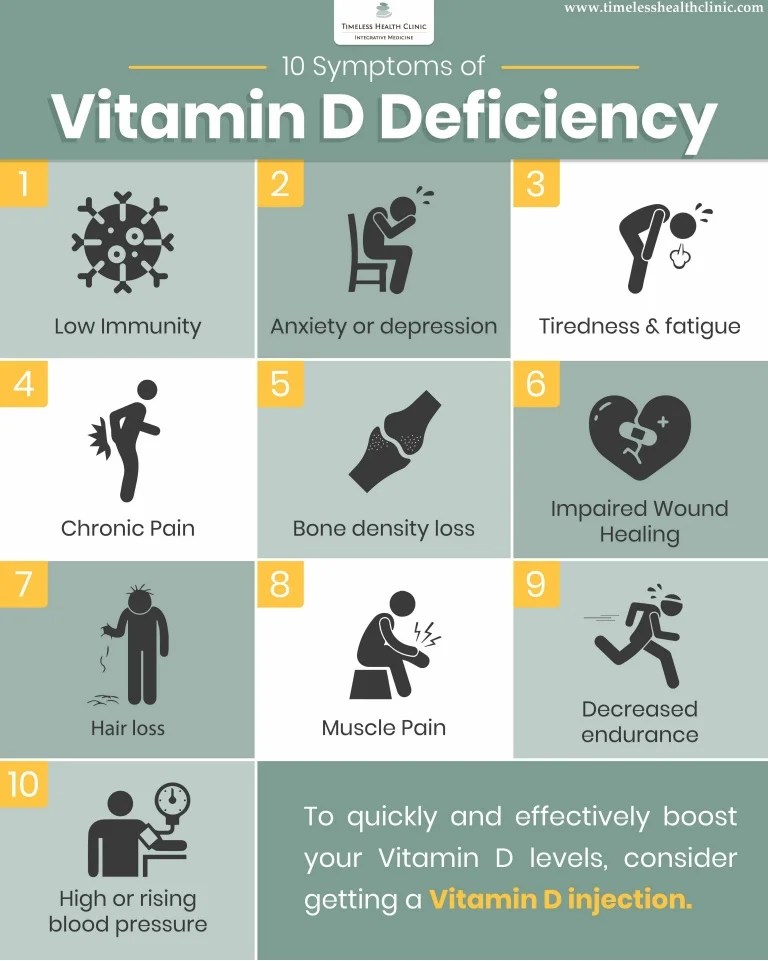 Avoidance of frightening situations causes significant psycho-emotional stress, since the person himself realizes that his reaction is excessive and has no reasonable grounds. nine0007
Avoidance of frightening situations causes significant psycho-emotional stress, since the person himself realizes that his reaction is excessive and has no reasonable grounds. nine0007
Specific phobias are fears limited to narrowly specific situations, such as, for example, being in close proximity to animals of a certain biological species, being in the dark, at height, in a confined space. Specific phobias also include fear of air travel, fears of eating certain foods, visiting a doctor, medical procedures, and the sight of blood. When confronted with fearful stimuli or when thoughts about them arise, the person "triggers" anxiety and the symptoms described above are observed. nine0007
"We do anything but ourselves"
"We do anything but ourselves" | Big Ideas Psychology Anna Natitnik Photo: wen panda / Unsplash A pandemic, an economic crisis, a protracted state of deep uncertainty are all worrisome for most people. Finding themselves in an unusual situation, everyone in their own way is looking for a way out of it. Psychologists and psychotherapists, however, have long understood how to deal with anxiety and improve the quality of life in difficult conditions. About this and how to make friends with your anxiety, says a psychotherapist, Ph.D. I. I. Mechnikov Dmitry Kovpak. nine0007
Finding themselves in an unusual situation, everyone in their own way is looking for a way out of it. Psychologists and psychotherapists, however, have long understood how to deal with anxiety and improve the quality of life in difficult conditions. About this and how to make friends with your anxiety, says a psychotherapist, Ph.D. I. I. Mechnikov Dmitry Kovpak. nine0007
HBR Russia: What is meant by "anxiety"?
Kovpak : The word "alarm" is understandable without explanation. First of all, it is an emotion. It can be conditionally healthy, that is, signaling a person about danger, or it can be maladaptive. Then there is the issue of disorder. There is a whole group of disorders that are anxiety disorders. These are, for example, panic disorder, agoraphobia, social phobia, generalized anxiety disorder, obsessive-compulsive disorder. nine0007
Anxiety has different degrees: puzzlement, concern, fear, panic. Panic is a peak emotion that has become for many a symbol of anxiety disorders.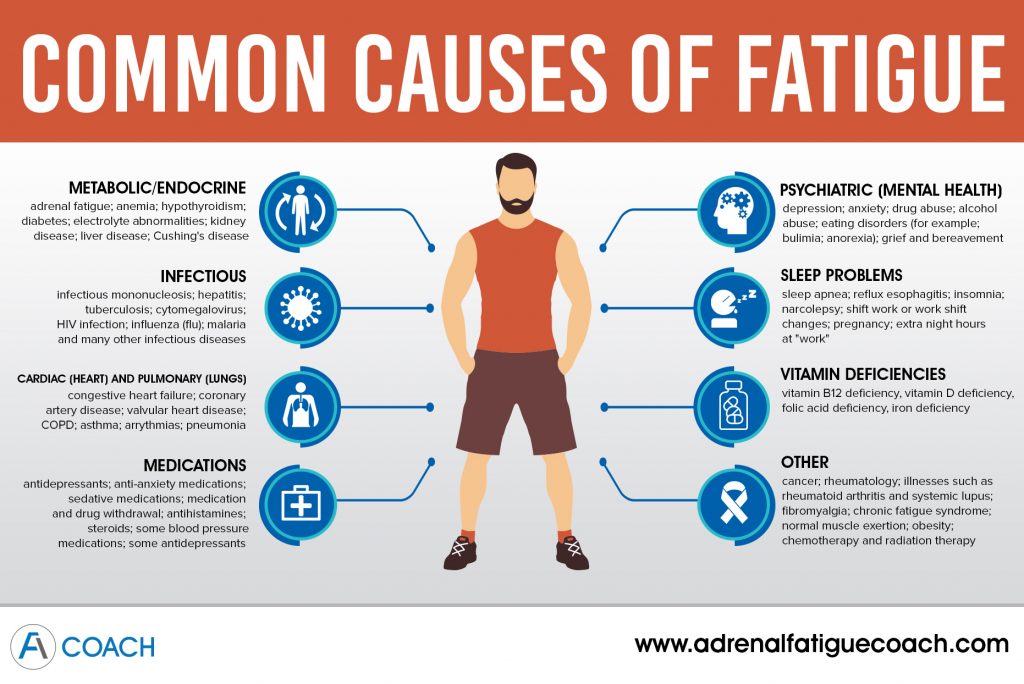 This word comes from the name of the ancient Greek god of the shepherds and wildlife Pan, who, with his appearance and behavior, terrified people. There are also specific phobias relating to a particular object, situation, or process. For example, many do not like arthropods: a spider, which even in fantasy lands on a person by the collar, evokes emotional and even physiological reactions in him. You can be afraid of anything, so the list of fears that was previously kept was no longer supplemented: you can add the word “phobia” to any phenomenon, object, animal. nine0007
This word comes from the name of the ancient Greek god of the shepherds and wildlife Pan, who, with his appearance and behavior, terrified people. There are also specific phobias relating to a particular object, situation, or process. For example, many do not like arthropods: a spider, which even in fantasy lands on a person by the collar, evokes emotional and even physiological reactions in him. You can be afraid of anything, so the list of fears that was previously kept was no longer supplemented: you can add the word “phobia” to any phenomenon, object, animal. nine0007
Everyone reacts differently to the same situation: someone panics, someone gets off with slight concern, someone does not feel anything at all. What is the predisposition to anxiety?
The alarm is justified. Often it is caused by so-called external triggers: reports of some excess, an economic or financial crisis, a pandemic, problems at work or at home. When something happens, our neural network processes the information received and draws conclusions based on our experience.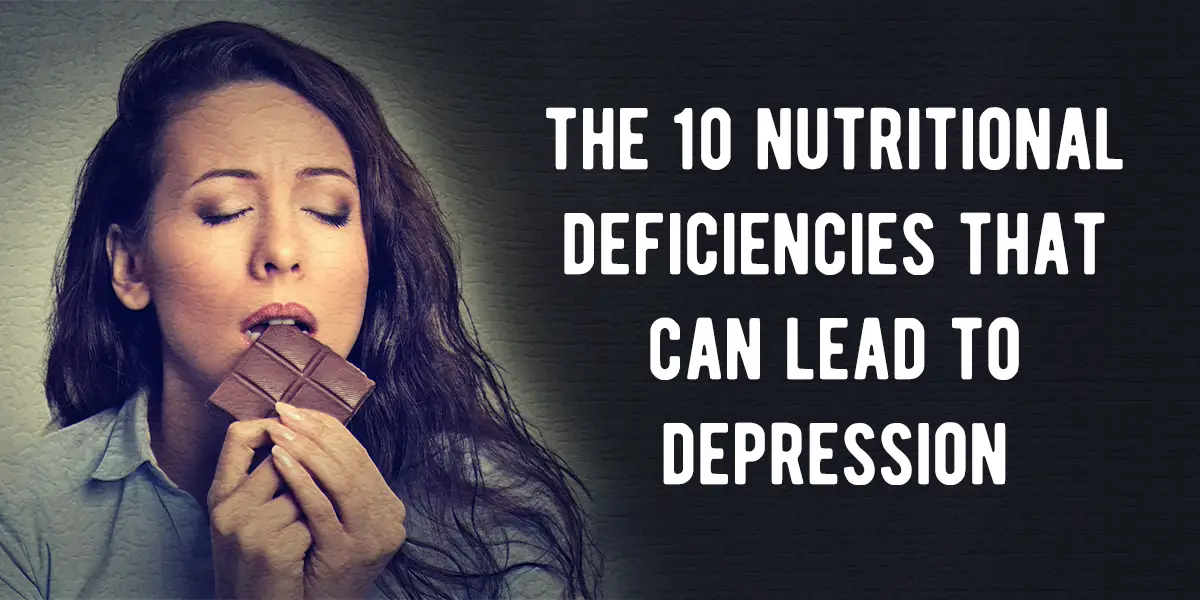 This experience can be programmed into DNA (for example, unconditioned reflexes are transmitted through the genome) or accumulated throughout life. Very important, for example, is the model of the family that we absorb in childhood. If the grandmother just dripped corvalol on herself and, like one famous actress, said “how terrible it is to live,” then this picture of the world is imprinted in our memory and we consider ourselves weak and helpless. Any traumatic experience - bullying at school, difficult relationships with loved ones, lack of support, attention, etc. - can lead a person to become very worried about something. He may be accompanied by (often unconsciously) social fear all his life - worry about how others will evaluate him, or fear of public speaking, or concern about how circumstances will turn out. There is a so-called catastrophic thinking: thinking about how events will develop, a person chooses the worst scenario. nine0007
This experience can be programmed into DNA (for example, unconditioned reflexes are transmitted through the genome) or accumulated throughout life. Very important, for example, is the model of the family that we absorb in childhood. If the grandmother just dripped corvalol on herself and, like one famous actress, said “how terrible it is to live,” then this picture of the world is imprinted in our memory and we consider ourselves weak and helpless. Any traumatic experience - bullying at school, difficult relationships with loved ones, lack of support, attention, etc. - can lead a person to become very worried about something. He may be accompanied by (often unconsciously) social fear all his life - worry about how others will evaluate him, or fear of public speaking, or concern about how circumstances will turn out. There is a so-called catastrophic thinking: thinking about how events will develop, a person chooses the worst scenario. nine0007
How does the psyche react to anxiety?
Normally the defense mechanisms start working.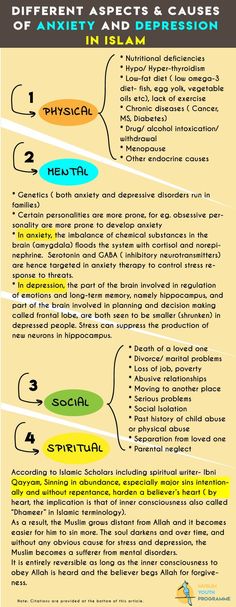 Some people use a compensatory strategy - they deal not with the reasons, but with their condition. Burnt in milk, they blow on the water and thus reinsure themselves. They have a panic - not clinical, but social - for example, during a pandemic they are convinced that the apocalypse is coming and everyone will die. Protective behavior is turned on, including distracting from one’s own experiences: “I drank in the morning - I’m free all day”, stress-eating, binge shopping (remember the hype around toilet paper at the beginning of the pandemic). nine0007
Some people use a compensatory strategy - they deal not with the reasons, but with their condition. Burnt in milk, they blow on the water and thus reinsure themselves. They have a panic - not clinical, but social - for example, during a pandemic they are convinced that the apocalypse is coming and everyone will die. Protective behavior is turned on, including distracting from one’s own experiences: “I drank in the morning - I’m free all day”, stress-eating, binge shopping (remember the hype around toilet paper at the beginning of the pandemic). nine0007
Another form of defense is denial, avoidance. A person is not ready for what is happening, cannot accept it and claims that everything is fine. He finds a justification for his point of view, rationalizes it, explains everything in an accessible language. We know people who have said that the coronavirus is a conspiracy of the media or governments who dream of putting people in concrete boxes and chipping them. The psyche often jumps at simple quick fixes to relieve stress.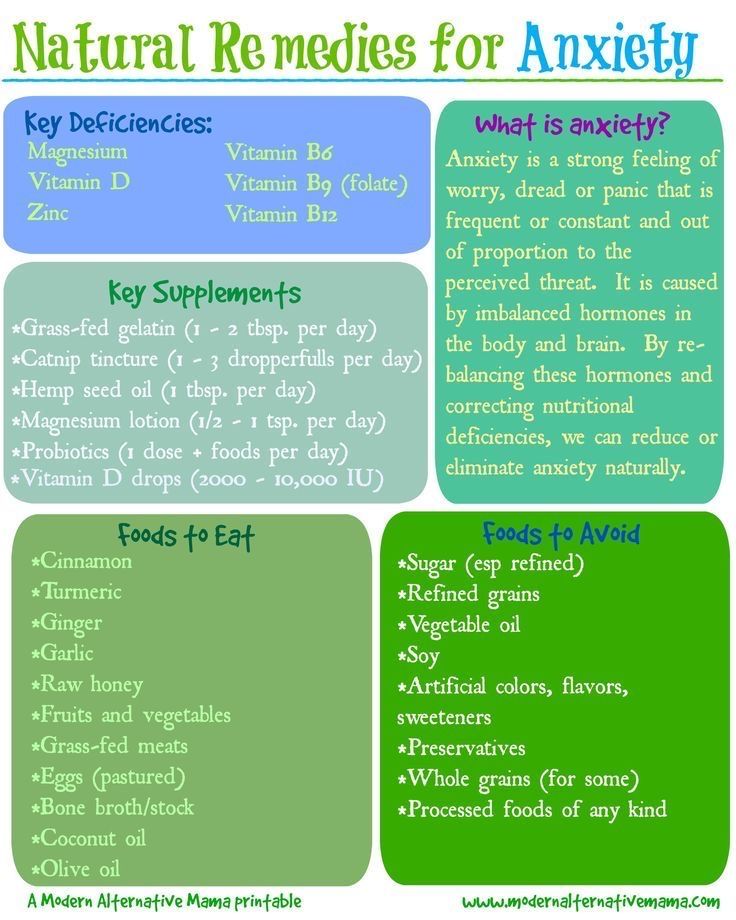 Sometimes the most fantastic versions alleviate anxiety for a while. nine0007
Sometimes the most fantastic versions alleviate anxiety for a while. nine0007
As we can see, during a pandemic, some are even afraid to stick their nose out the window, while others, on the contrary, behave risky: they flaunt the denial of the virus, take off their masks, or, as in Iran, lick the handles of public places and the soles of shoes. This second type of people calls for irrational positive: if I stay awake, believe in the best, the virus will not take me, so I will not change my lifestyle and take at least basic precautions.
How to deal with anxiety?
This process has three essential elements: awareness; acceptance and change; training and adaptation. They are closely related. Awareness is the clarification of the current situation. People are not realists, although they consider themselves to be so. We project onto reality our expectations, patterns, stereotypes of thinking, schemes, which are the crystallization of our experience and its interpretation.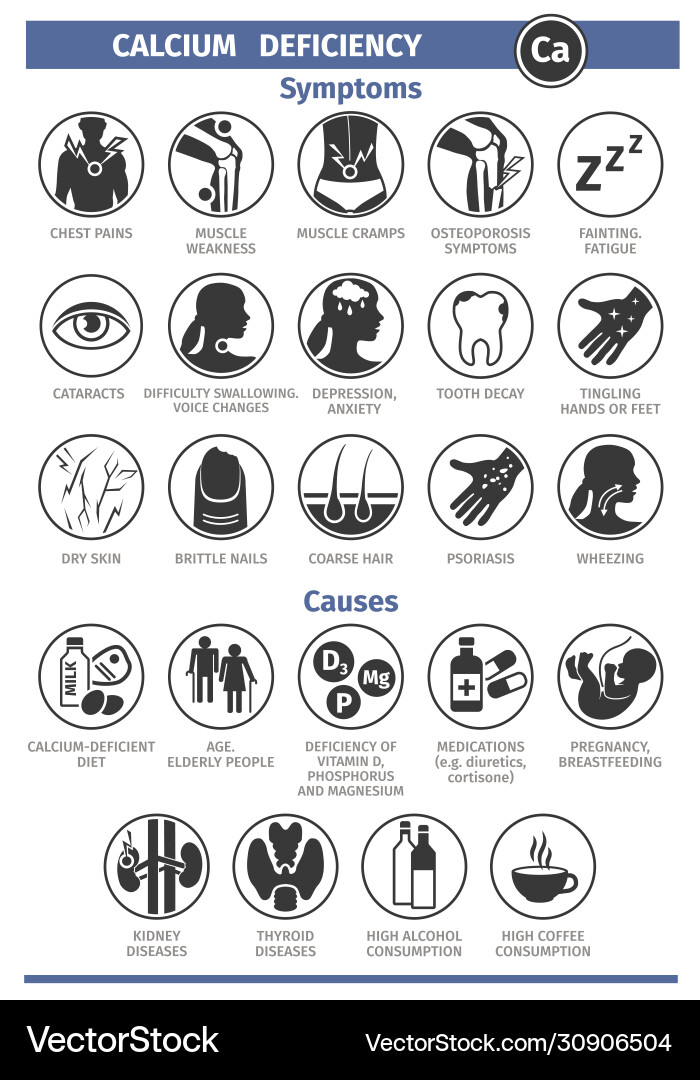 We sometimes see what we expect to see, we live in a reality supplemented by our projections, and we do a lot on the machine - otherwise we would not be able to cope with the information entering the brain. nine0007
We sometimes see what we expect to see, we live in a reality supplemented by our projections, and we do a lot on the machine - otherwise we would not be able to cope with the information entering the brain. nine0007
Aaron Beck, the creator of cognitive psychotherapy, coined the term "automatic thoughts" back in the 1960s. This is, in fact, a semi-conscious way of quickly processing information, drawing conclusions based on this processing and developing prescriptions. Automatic thoughts are derivatives of our beliefs. A person who is confident in his own helplessness and vulnerability believes that something threatens his health and life, and “turns on” compensatory strategies of hypercontrol and avoidance of dangers. Anyone who is afraid of rejection by people who are significant to him does everything so that others evaluate him positively. This gives rise to high demands on oneself, the desire to be perfect, never lose. The fear of being rejected by others correlates with chronic and often unconscious rejection of oneself.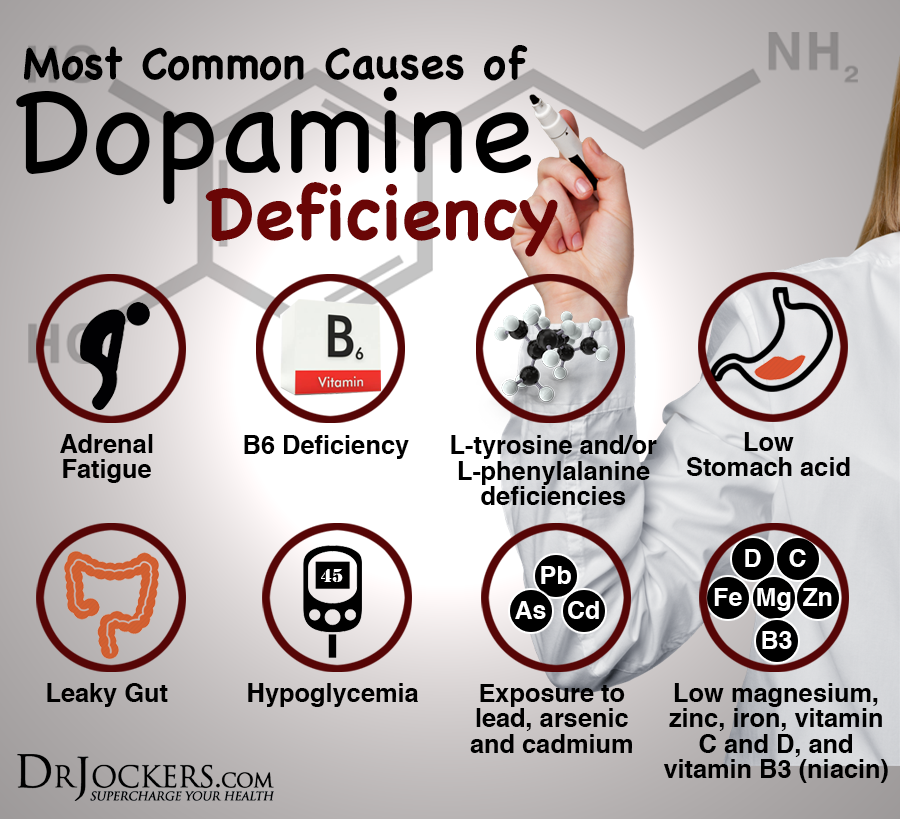 nine0007
nine0007
In psychotherapy, the first stage is an analysis that allows you to understand how and why a person is disturbing himself. Here is a simple situation: a person “read” the thoughts of the boss, who looked around his subordinates with a frown, and “understood” that he hates him and is about to fire him, so he decided to write a letter of resignation himself before a catastrophe happened. And the boss, it turns out, had indigestion, and he looked gloomy because he felt bad. Often people, without understanding, choose the worst-case scenario and react as if it were a proven fact. Therefore, analysis is an opportunity to understand, using specific examples, how a person thinks, what habits and beliefs he has, which of them help him live, and which, on the contrary, interfere. Then you need to find alternatives to these habits and ways of thinking - those that will help a person achieve goals and feel good - and learn how to use them. nine0007
So you shouldn't try to influence the situation - instead you should actually change yourself?
The ancient Greek philosopher Epictetus said two thousand years ago that it is not things that upset us by themselves, but our attitude towards things.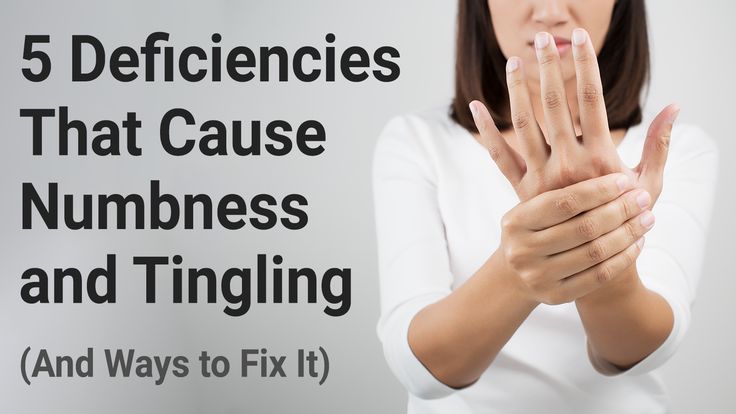 We cannot always change the surrounding reality: a pandemic, an economic crisis, etc., but we can influence our attitude towards it. Our internal, subjective reality is subject to us to a much greater extent than external. nine0007
We cannot always change the surrounding reality: a pandemic, an economic crisis, etc., but we can influence our attitude towards it. Our internal, subjective reality is subject to us to a much greater extent than external. nine0007
Yet people often say, "I don't like what's going on, I'm against it." But is it possible to influence, say, the rain? Probably, if you are the mayor of Moscow, then the clouds will disperse. But it will be costly. In such situations, you need to look at the price-quality ratio. If you are ready to change reality - partner, spouse, team, planet - realize how much it will cost. And at the same time ask yourself if you have a spare planet.
When we figure out what is going on inside us, it may turn out that not much needs to be changed outside, that we are able to adapt to everything, changing our attitude to reality. This does not mean that it is necessary to put up with everything, or even more so to obey. This means that we must learn to see reality and perceive it, even if it does not meet our expectations and requirements.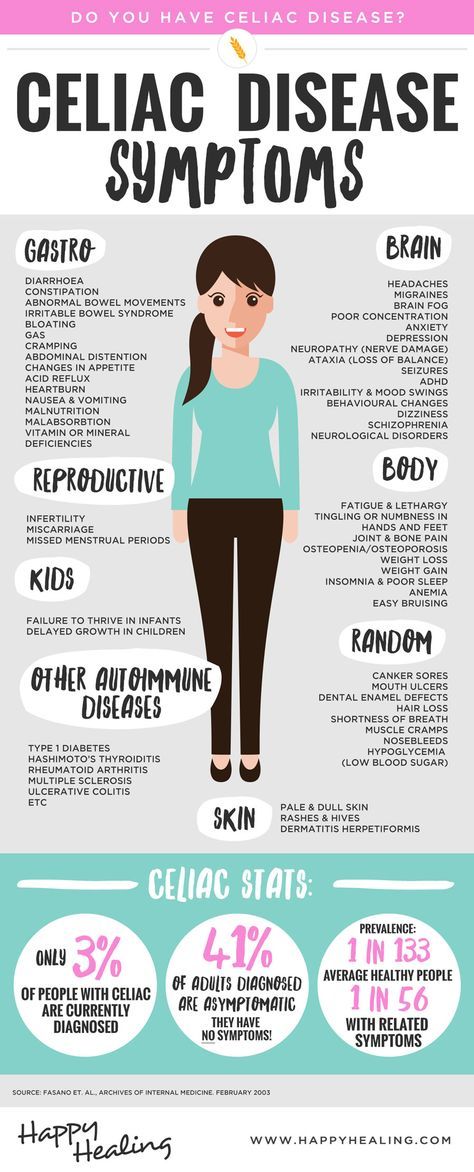 When it starts to rain, we open our umbrellas instead of swearing at the clouds. Acceptance is an opportunity to act more adaptively and to extract from the situation what it can give. This is not synonymous with patience, but overcoming - first of all, one's prejudices. nine0007
When it starts to rain, we open our umbrellas instead of swearing at the clouds. Acceptance is an opportunity to act more adaptively and to extract from the situation what it can give. This is not synonymous with patience, but overcoming - first of all, one's prejudices. nine0007
Is it possible to cope with anxiety without the help of a psychotherapist?
Psychology and psychotherapy appeal primarily to the person himself. No specialist can (and would rather not try) to get into someone's brain and control it. Man is a complex system: 86 billion neurons, which have another hundred or even more trillion connections. This is a kind of supercomputer that can only be repaired by itself. But we can help him by learning to tune ourselves in a certain way. How to do it? It would be good to turn to a psychotherapist - he will teach you to understand yourself and the processes occurring in the psyche, and to influence them. nine0007
However, psychotherapy as a scientific discipline is a little over a hundred years old - before that, people somehow lived without it.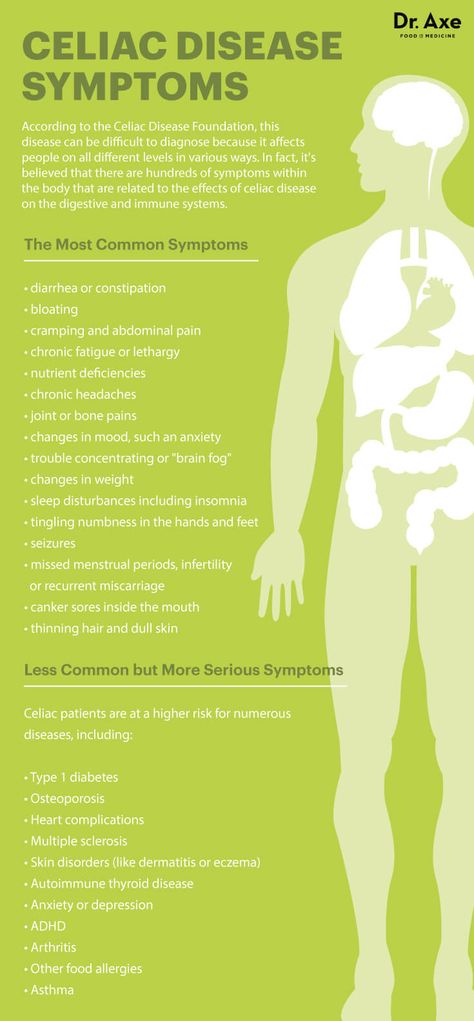 There were unique figures like Siddhatha Gautama Shakyamuni, who went to the forest, meditated there and achieved conditional enlightenment; there were people who went to the skete, stood on a pillar, like pillars, and found contact with themselves. But these are rather exceptions. It is human nature to run away from yourself. We are afraid to discover something inferior, unpleasant in ourselves, to be upset because of this, to fall into despair or depression. So we do anything but ourselves. It is easier for us to be interested in the depths of the ocean or space than to be alone with ourselves and look inside ourselves. nine0007
There were unique figures like Siddhatha Gautama Shakyamuni, who went to the forest, meditated there and achieved conditional enlightenment; there were people who went to the skete, stood on a pillar, like pillars, and found contact with themselves. But these are rather exceptions. It is human nature to run away from yourself. We are afraid to discover something inferior, unpleasant in ourselves, to be upset because of this, to fall into despair or depression. So we do anything but ourselves. It is easier for us to be interested in the depths of the ocean or space than to be alone with ourselves and look inside ourselves. nine0007
The human psyche and body are a fantastic system that can adapt no worse than a cockroach. However, unlike the cockroach, we often interfere with this adaptation: the cockroach will proceed from the given, and we from the requirements, the cockroach will do what helps its survival, and we act according to established stereotypes, even contrary to our interests, intensifying our experiences because for things not going the way we expected.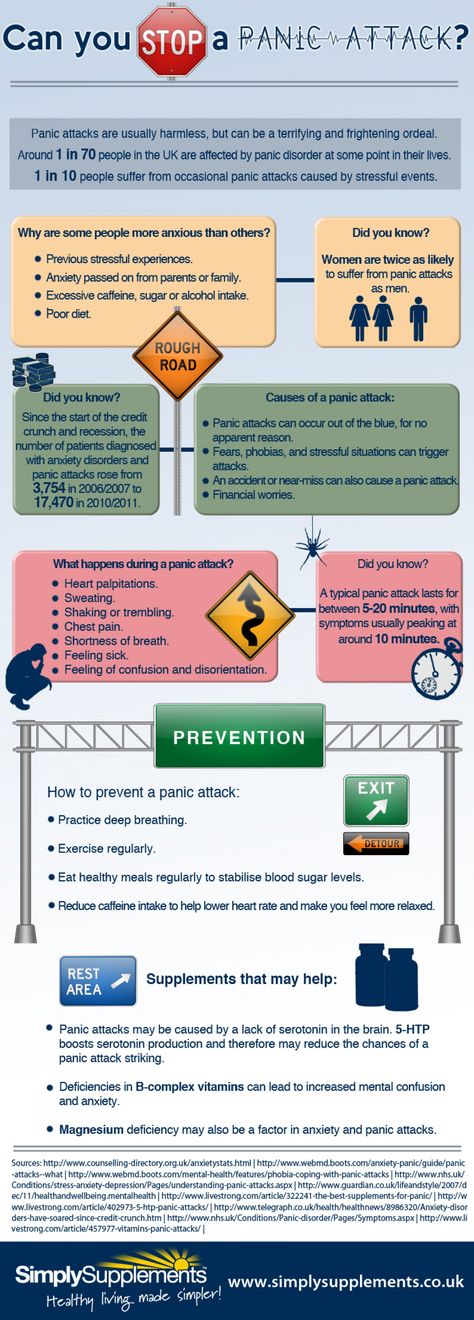
And yet, are there methods for self-management of at least acute anxiety attacks?
When we are emotionally tense, we are necessarily physically tense. The stronger the excitation of the cerebral cortex, the more cortico-muscular reflexes occur, which create the so-called muscle shell. This is our defense against threats, the inclusion of the body in mobilization due to anxiety - something that has always been necessary for survival and therefore is "programmed" in us genetically. Breathing techniques, muscle relaxation, stretching, massage, manual therapy, meditation, swimming, even squats can relieve stress and this shell. But as soon as we leave the massage therapist's office, from the gym or pool and again begin to psychologically "wind" ourselves, the shell gathers again. The methods that I have listed are an ambulance that can temporarily alleviate a person’s condition. But if you do not disassemble the cause-and-effect relationships, everything will return to normal.